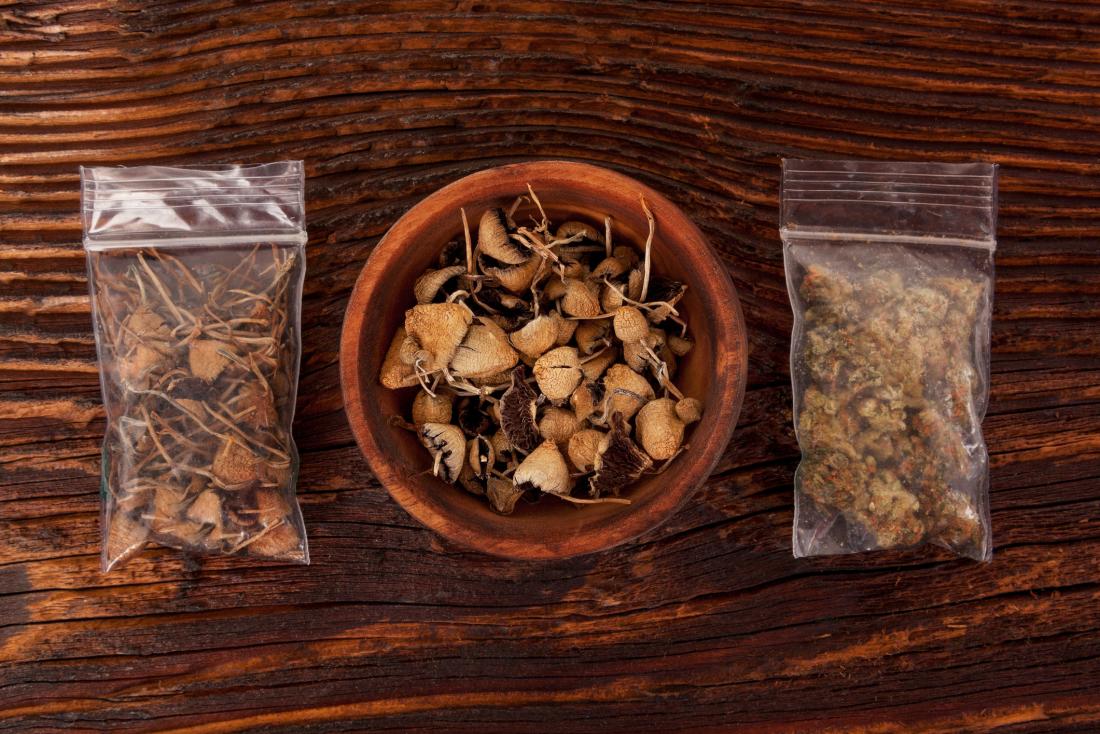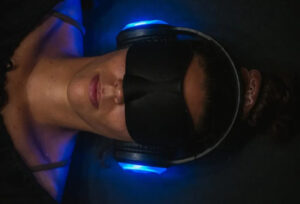
Exploring the Healing Potential of Magic Mushrooms
In the realm of natural wonders, magic mushrooms have emerged as a subject of profound interest, not just for their captivating properties but also for their potential to aid in healing. These fungi, scientifically known as psilocybin mushrooms, possess compounds that have captured the attention of researchers and therapists alike. Let’s delve into the fascinating world of magic mushrooms and their role in facilitating healing, all through a scientific lens.
Unveiling the Magic: What are Psilocybin Mushrooms?
Psilocybin mushrooms, commonly referred to as magic mushrooms, are a diverse group of fungi containing psychoactive compounds, primarily psilocybin and psilocin. These compounds interact with serotonin receptors in the brain, leading to altered perceptions, mood changes, and introspective experiences. The use of these mushrooms dates back centuries, with indigenous cultures incorporating them into spiritual rituals and medicinal practices still to this day thanks to the protection through the Indigenous People’s Act.
The Healing Potential: A Glimpse into Psychedelic Therapy
Recent years I have witnessed a resurgence of interest in the therapeutic applications of psilocybin mushrooms. Research suggests that these fungi could play a significant role in addressing various mental health conditions, including depression, anxiety, post-traumatic stress disorder (PTSD), and addiction. And we have seen this specifically in our clients that have traveled to retreats, treatment centers now legal in some states and in private home practice as well.
1. Depression and Anxiety:
Studies have shown that the effects of psilocybin can lead to profound shifts in perspective, allowing individuals to confront and process deep-seated emotional issues. The altered state of consciousness induced by psilocybin can promote introspection and help individuals reframe their thoughts, leading to reduced symptoms of depression and anxiety.
2. PTSD:
Individuals grappling with the aftermath of trauma may find relief through psychedelic therapy. The rewiring of neural pathways under the influence of psilocybin can facilitate the reintegration of traumatic memories, helping individuals regain a sense of control and reduce the emotional weight associated with their experiences.
3. Addiction:
Magic mushrooms have exhibited potential in treating substance use disorders. Psilocybin can facilitate a heightened awareness of one’s behavior patterns and provide insights into the underlying causes of addiction. This heightened self-awareness, combined with proper therapeutic support, can aid in breaking the cycle of addiction.
Navigating the Challenges: Science vs. Stigma
While the healing potential of magic mushrooms is promising, it’s essential to acknowledge the challenges that come with researching and advocating for their use. The history of psychedelic substances is fraught with stigma and legal obstacles, which has impeded scientific progress in this field. However, recent shifts in attitudes and policies have paved the way for rigorous scientific exploration.
The Road Ahead: Promising Research and Ethical Considerations
Clinical trials involving psilocybin are underway, aiming to provide robust scientific evidence for its therapeutic applications. These studies adhere to rigorous protocols, ensuring participant safety and the validity of results. Ethical considerations, such as informed consent and appropriate psychological support, remain central to these research endeavors.
What has become very apparent is that the research shows UNWAVERING results. around 87% have stated significant changed in their mental wellbeing and most claim to be healing with one or two treatments. This comes with an immense amount of support from clinical therapy to integration techniques from experienced practitioners like myself and my team.
In addition, there have been no overdose deaths, is non addictive and generally safe to use, especially in micro doses. These have become HUGE in the sphere of mental health and provide incredible results for those looking to replace their pills for something more natural. Not everyone is able to or ready for a full treatment with a high dose, or they cannot access it safely or legally either. We hope this becomes more available but also establishes safe practice methods.
Its important that people know you CANNOT be using mushrooms alongside a Benzo or SSRI/SNRI classification drug. This will not only be dangerous for the user from serotonin lock but also that it may not work at all. When a synthetic drug is working alongside the plant medicines for the same purpose, it can be difficult to get the results you are looking for.
When looking for a practitioner, ask them how long they have been using the medicines themselves, how many they have personally guided and what their support system after looks like. They should have a very detailed intake form going over your history of health, mentally, physically and spiritually too. They should be taking close account for your medication use to keep from interactions or blocking mechanisms. And even if you’re not currently taking meds, we still need to know what you’ve used in the past too. It can be a very uprooting experience, so emotional support is one of the biggest factors in this experience.
Please do not seek this treatment if you have issues with your heart or breathing, uncontrolled blood pressure or have a life threatening disease. Many use this for end of life care as many have said the fear of death is gone after….so if you choose that, please find someone that has experience in this realm of work.
In conclusion, magic mushrooms, or psilocybin mushrooms, hold tremendous potential as tools for healing within the realm of psychedelic therapy. Their ability to induce altered states of consciousness, coupled with professional guidance, offers a unique avenue for addressing mental health challenges that have often proven resistant to conventional treatments. As science continues to delve into the complexities of these remarkable fungi, we stand at the cusp of a new era in mental health treatment—one that integrates ancient wisdom with modern scientific rigor.
Disclaimer: This article is intended for informational purposes only and does not constitute medical advice. If you or someone you know is struggling with mental health issues, please consult a qualified medical professional for proper guidance and treatment.




